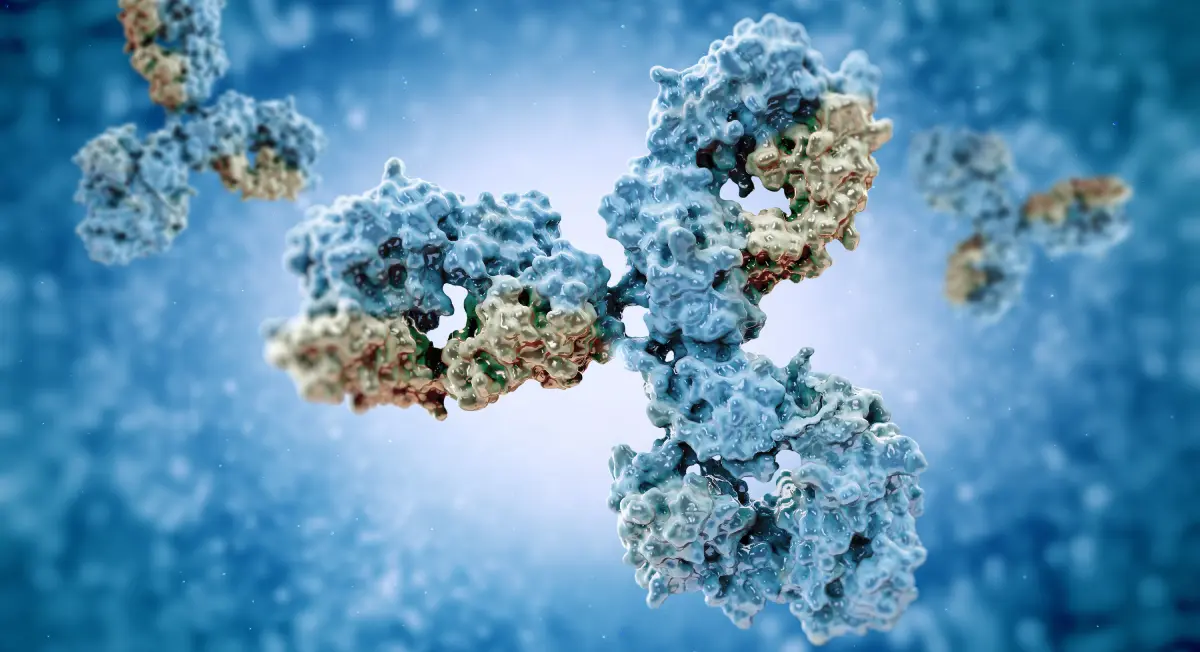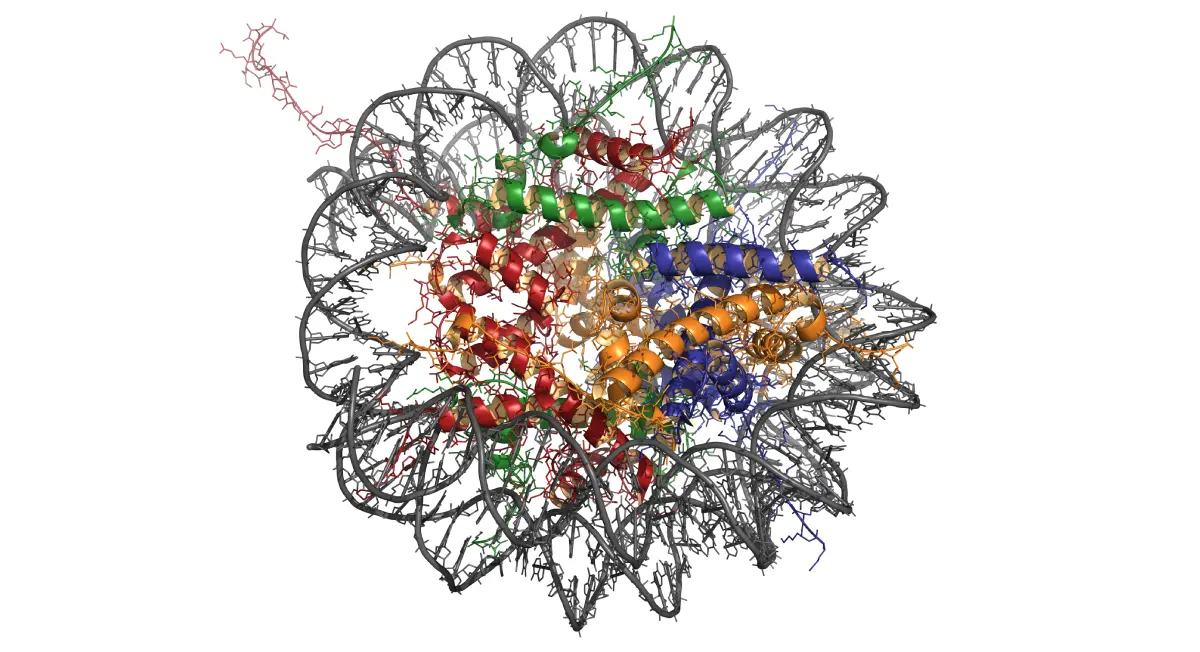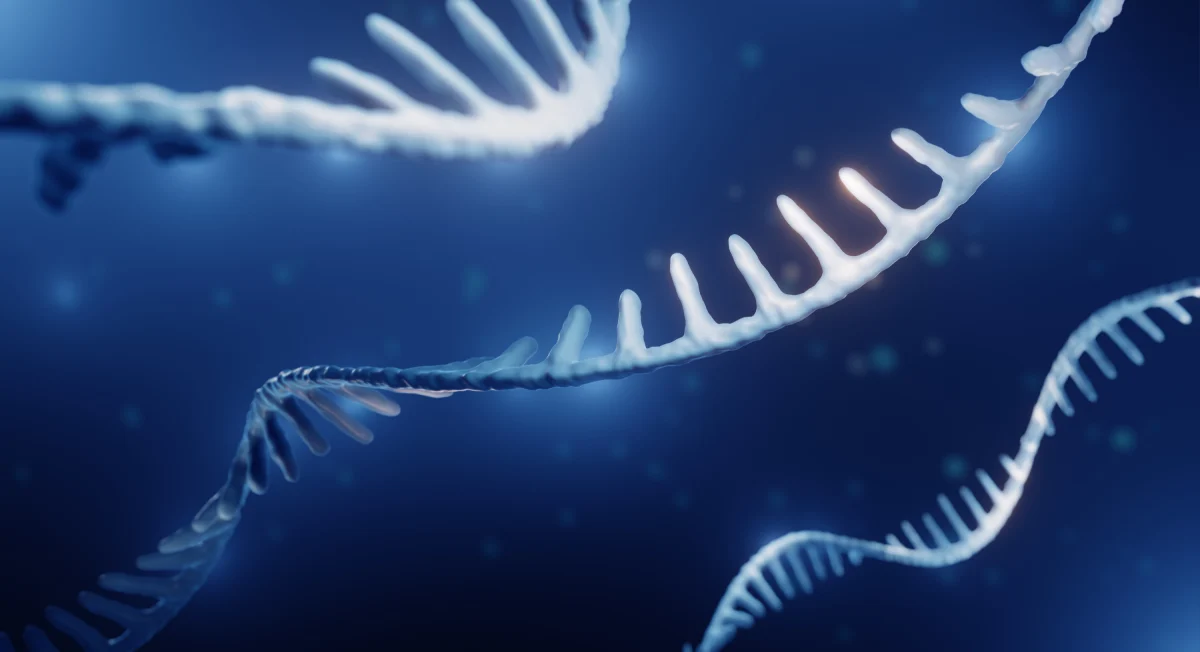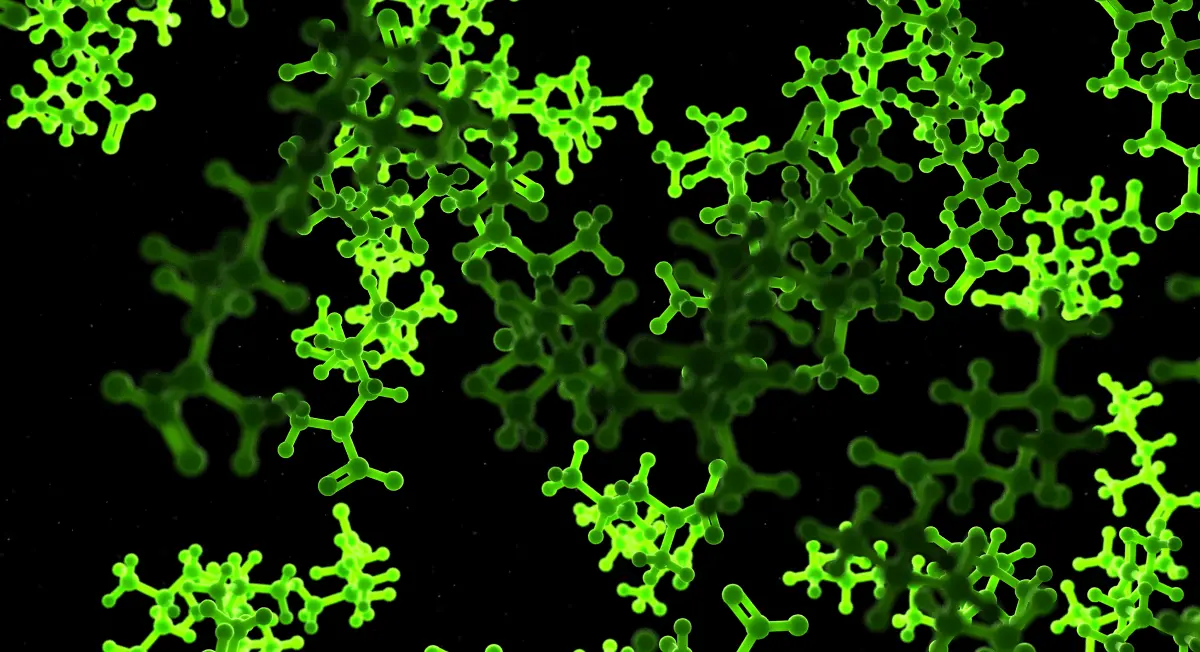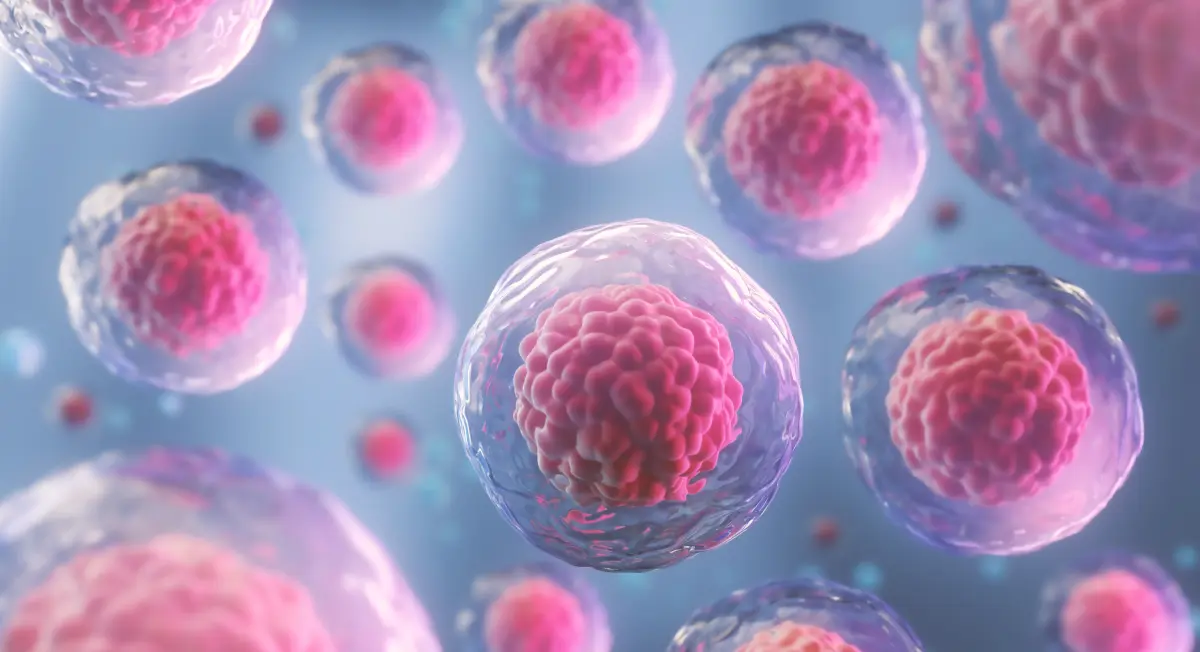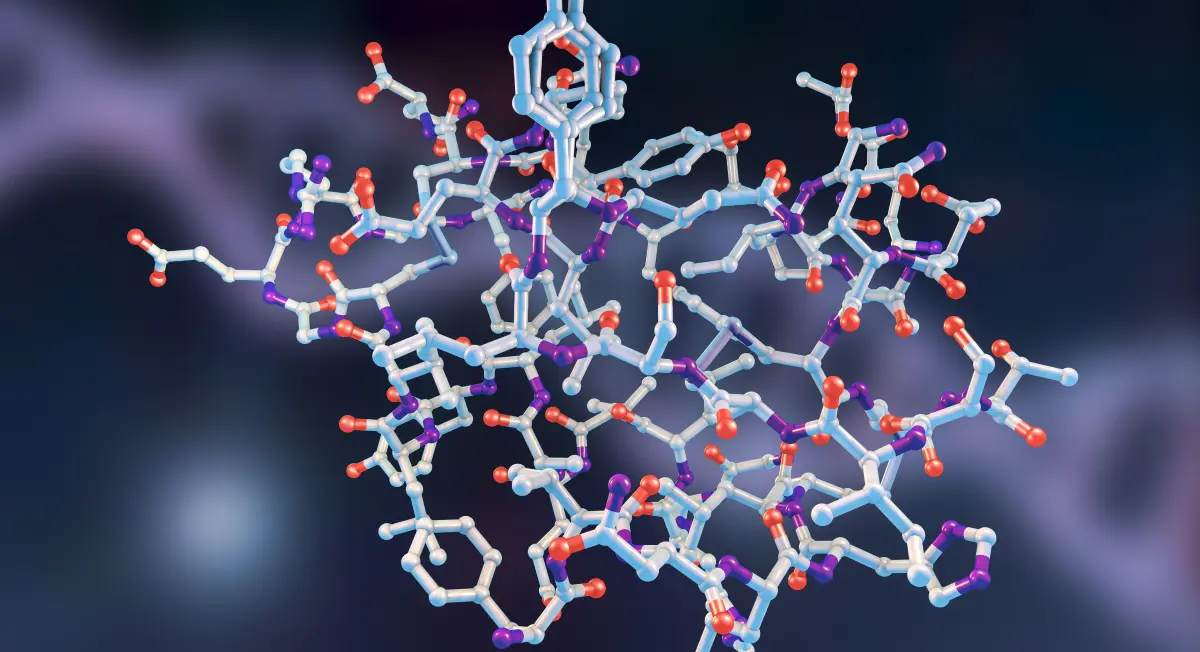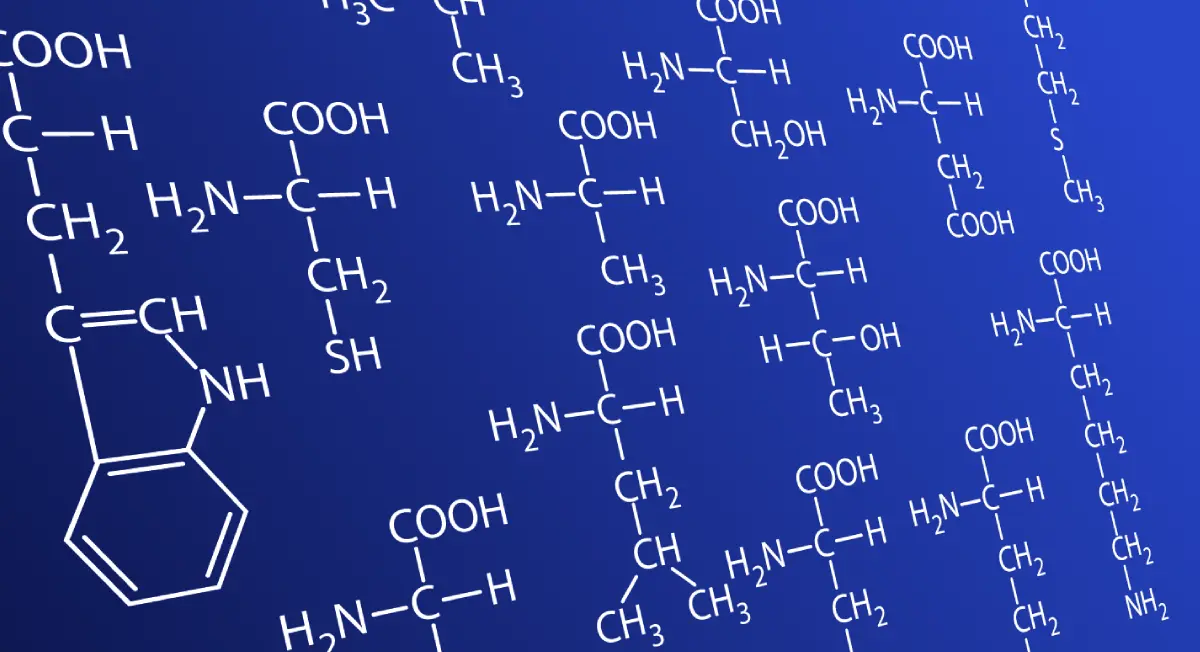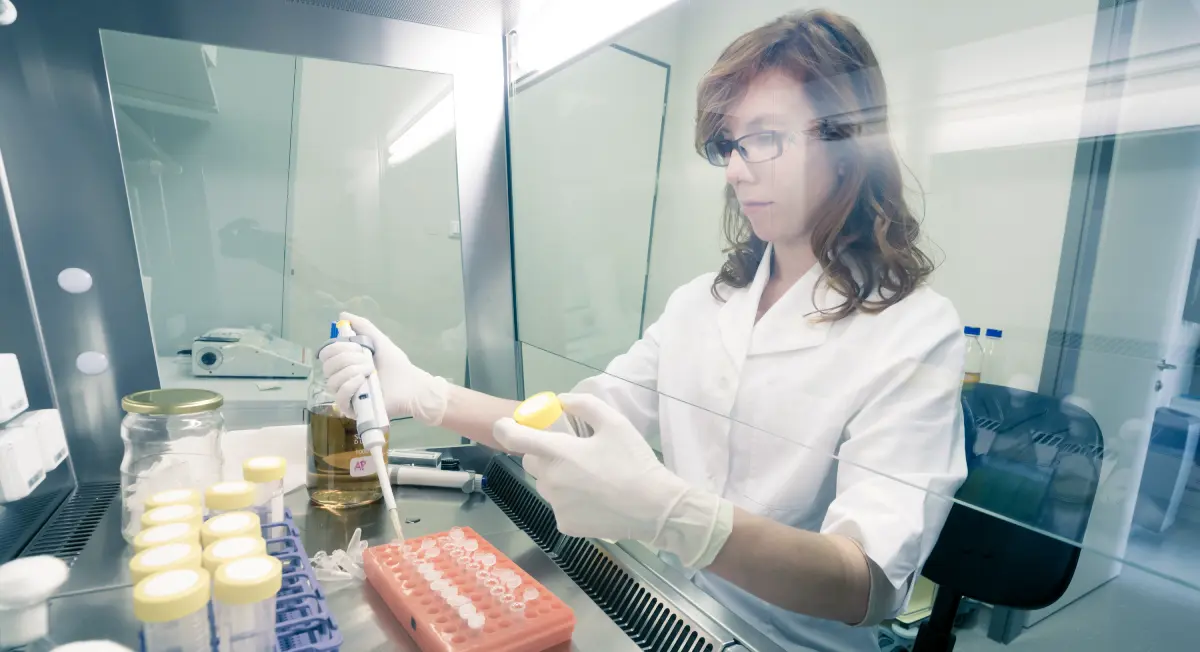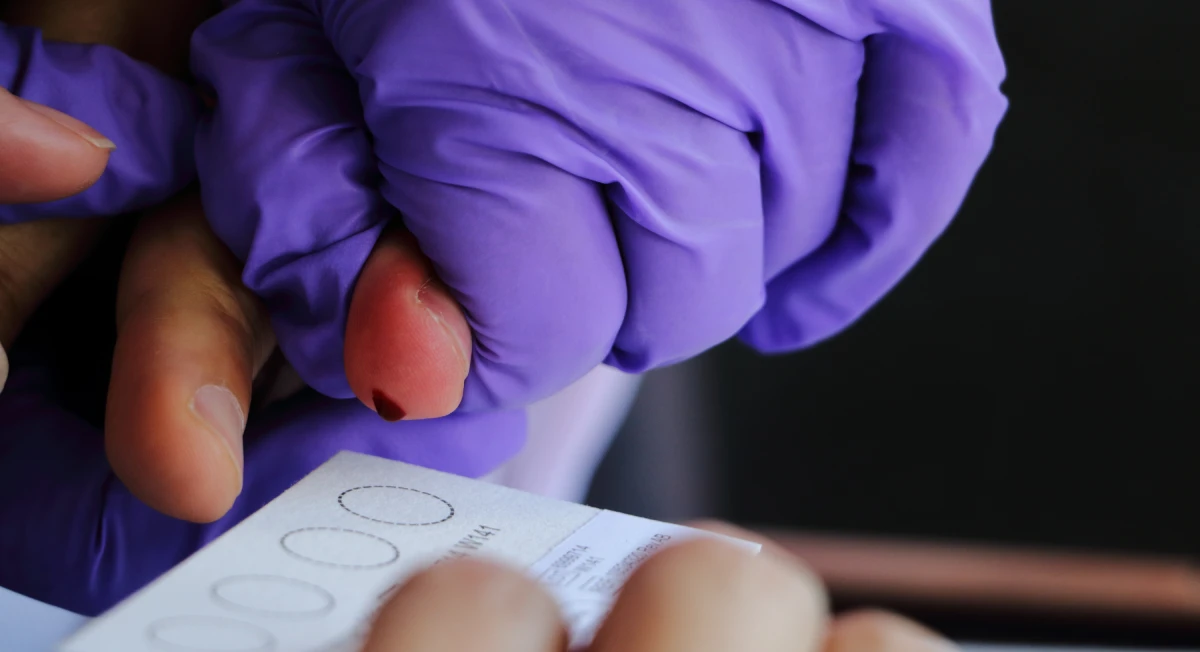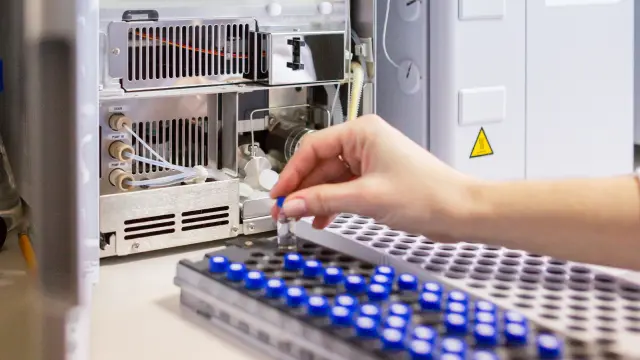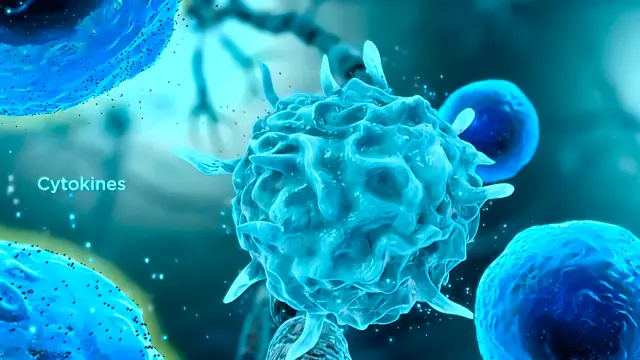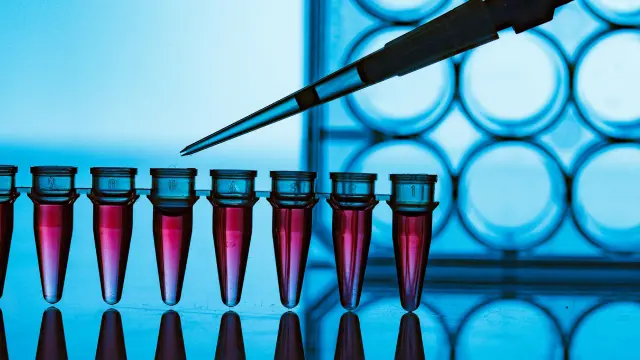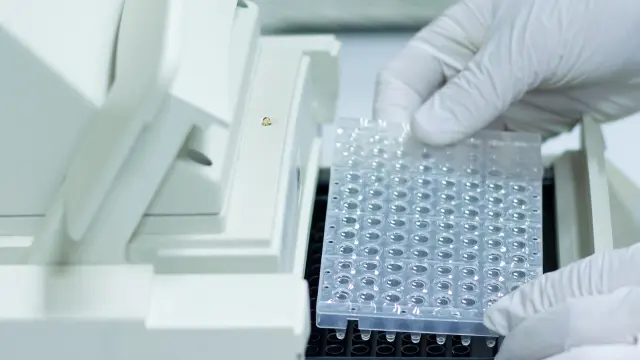Challenge
A multifaceted solution was implemented to overcome the challenges in quantifying Antisense Oligonucleotides (ASOs) via LC-MS/MS. The cornerstone of this solution is the meticulous selection of a bioinert column that ensures optimal separation and sensitivity for ASOs. This is complemented by a strategic optimization of ion-pairing reagents, such as Triethylamine (TEA) and N, N-Diisopropylethylamine (DIPEA), which are pivotal in enhancing chromatographic separation and reproducibility.
The method development process also involves a rigorous refinement to minimize non-specific binding, a common impediment to assay accuracy. By incorporating acidic modifiers like Hexafluoroisopropanol (HFIP) and implementing precise handling protocols during sample preparation, the integrity of the ASOs is preserved, and non-specific interactions are significantly reduced.
Furthermore, the solution includes a comprehensive development of the method, ensuring it adheres to the stringent criteria for specificity, linearity, accuracy, and precision. This validation process is critical in establishing the method’s reliability for routine quantification of ASOs in biological samples.
Through these concerted efforts, the analytical method meets the current demands for ASO analysis and lays a robust foundation for future advancements in therapeutic applications. The approach ensures that the full therapeutic potential of ASOs can be harnessed, thereby contributing to the progress of precision medicine and the treatment of various diseases.











